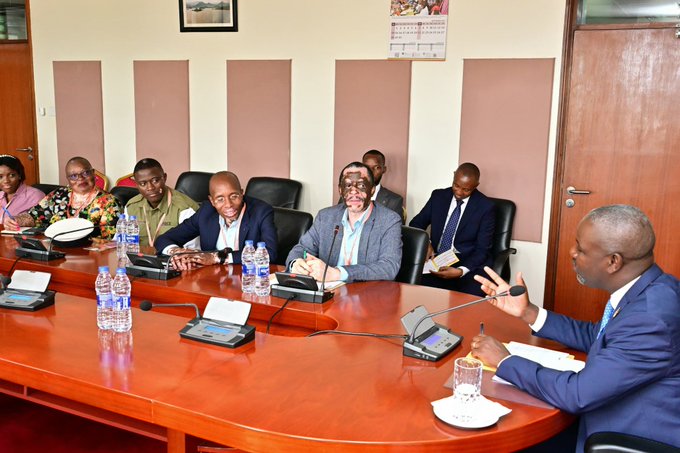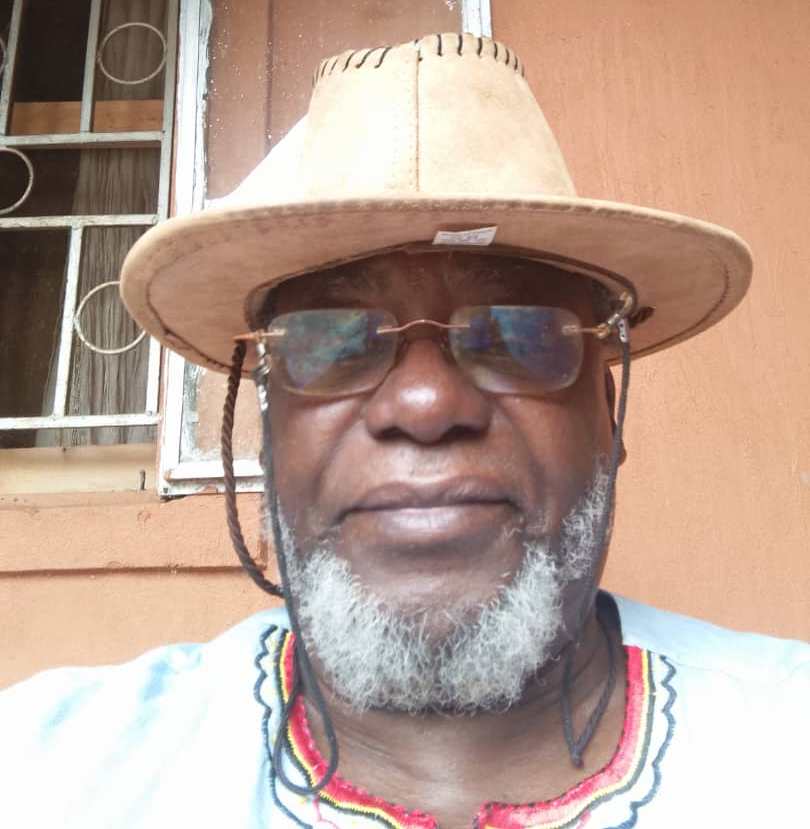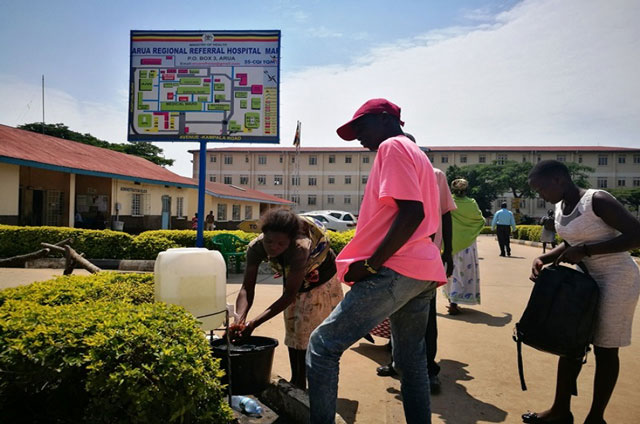Ugandans react to justice ministry’s Shs115 million proper condom use training budget
In an official statement following the backlash, the Ministry explained that the Shs115 million is part of a broader wellness and HIV response plan, which includes condom procurement, national HIV event participation, and monitoring interventions.

The Ministry of Justice and Constitutional Affairs has found itself at the center of an unlikely storm after allocating a whopping Shs115 million to train its staff on proper condom use and HIV prevention.
The move, part of President Museveni’s ABC (Abstain, Be faithful, Condom use) strategy to end HIV/AIDS by 2030, sparked spirited debate both in Parliament and across the public sphere.
Shadow Minister for Constitutional Affairs, Jonathan Odur, didn’t mince words when he grilled the ministry during a session. “Why are we teaching the Ministry staff how to use condoms?” Odur asked, visibly baffled. “At their level, is this training really necessary?”
But Justice Minister Norbert Mao came to the defense of the allocation, saying, “Our president has been at the forefront of fighting HIV/AIDS, and the Ministry has allocated funds to fight this disease. Condoms are part of the solution, not a punchline.”
Mixed Reactions from the Streets
When asked what she thought about the allocation, Phiona Atukunda, a 34-year-old civil servant from Ntinda, said: “If the Ministry staff are indeed sexually active and unaware, then yes—it’s good. But Shs115 million? That sounds excessive. We have courts without enough stationery, yet we’re buying rubbers in bulk.”
Ronald Kaggwa, a boda boda rider disagreed with the backlash, “You people joke with HIV. If these officials don’t understand how to protect themselves, they will also spread it. At least the Ministry is showing leadership—other ministries should copy.”
But not everyone is buying into the justification. Sandra Namatovu, a Makerere University law student, questioned the optics, “It feels like a misplaced priority. There’s no problem with HIV sensitization, but surely, there are cheaper and less controversial ways to handle this. It also reflects badly on the professionalism expected in such a ministry.”
Martin Lwanga, a youth activist took a middle-ground approach, “Look, I work in communities where HIV is still a big issue, especially among the elite who assume they are immune. So, yes, awareness matters. But the Ministry must be transparent—how many people are being trained? Who’s supplying the condoms? We don’t want inflated figures in the name of awareness.”
Ministry Clarifies
In an official statement following the backlash, the Ministry explained that the Shs115 million is part of a broader wellness and HIV response plan, which includes condom procurement, national HIV event participation, and monitoring interventions.
“The amount covers a full year and is not just about ‘teaching how to wear condoms,’ as it’s being misrepresented,” the statement read.
Whether it’s a bold step in the fight against HIV or an inflated budget item, one thing is certain—the Ministry’s condom move has stirred a necessary conversation. In a country where over 1.4 million people live with HIV, and stigma still lingers, the question may not be whether condom education is needed—but rather, how it’s implemented, funded, and communicated to the public.







